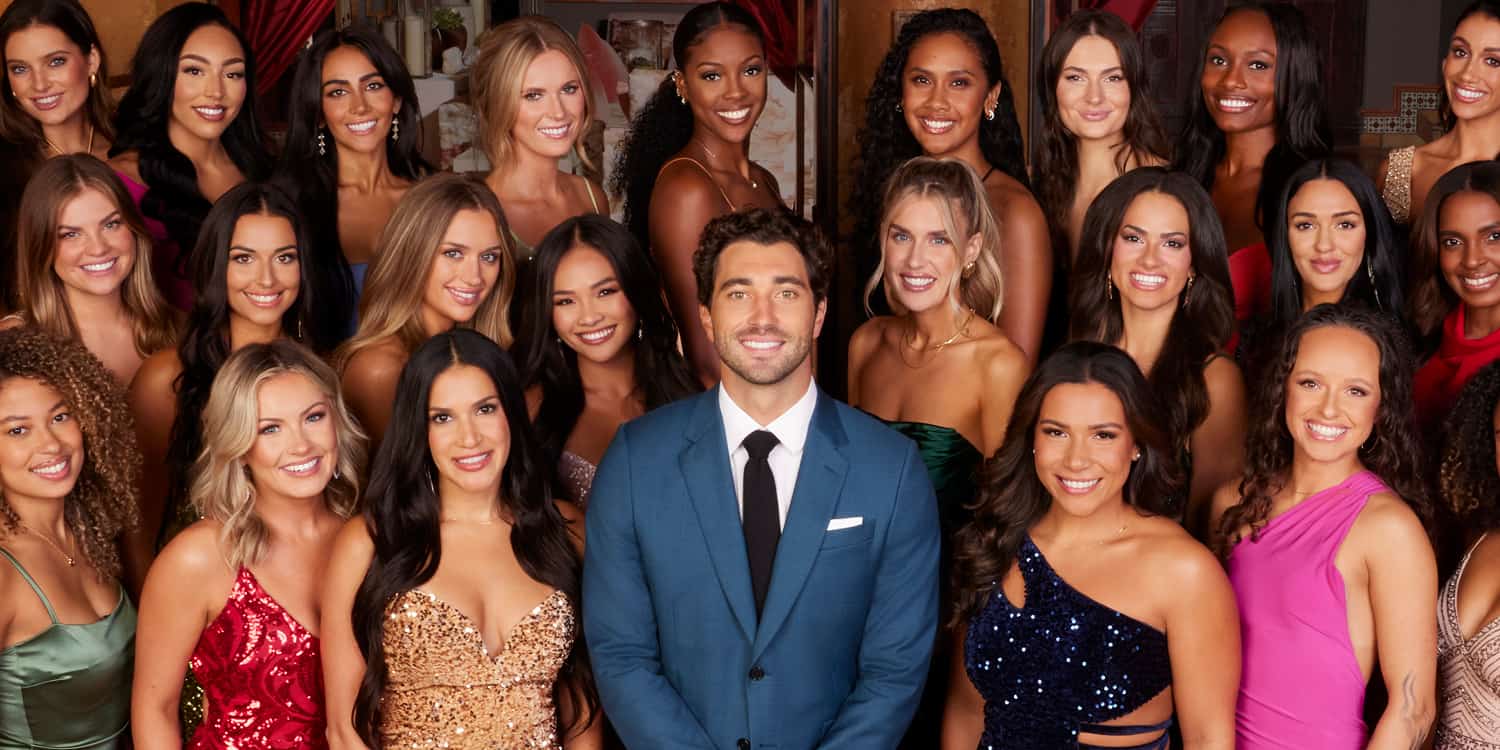
A recent study reported that more relationships were established in The Bachelorette, when women were choosing partners, providing evidence for evolutionary theories of partner selection that suggest committed relationships are more likely to emerge when women control the selection process. This research was published in Frontiers in Psychology.
Human sexuality is a crucial aspect of human survival and its implications extend beyond mere biological necessity, reaching domains such as science, art, literature, and entertainment. Television in particular has capitalized on this fascination, creating TV shows such as The Bachelor and The Bachelorette that center their content around human mating behavior.
In these series, a single male or female protagonist is presented with a range of potential mates, and over the course of the season, the protagonist engages with these candidate partners in the form of dates, gradually eliminating contestants until a final marriage proposal is made to the last remaining candidate. It is certainly possible that there are scripted elements in these types of shows (posing a methodological limitation), however, they still lend themselves as platforms for real-world observation of human mating behavior.
In this work, Alexandra Lenhard and colleagues utilized data from The Bachelor and The Bachelorette to determine the effect of age on mate selection preferences in both men and women. They further investigated whether the sex of the person making a choice impacts the development and longevity of committed relationships.
The study gathered data from publicly available sources, primarily Wikipedia, which was further supplemented by news articles and online resources. Data included details from both shows which were broadcasted in 23 countries between 2002 and 2021; these included the country and year of each season, the number of episodes and selection steps (rose ceremonies), ages and genders of the protagonists and their chosen partners, number of competitors, and duration and status (ongoing or terminated) of the relationships.
The researchers approximated the relationship start date as the broadcast date of the season’s final episode, and acknowledge there may be some inaccuracy due to the time lapse between filming and airing. Relationships that had ended before the airing of the final episode were recorded as having a zero duration. Relationships were further classified into three categories, including zero duration, short-term (that is less than 12 months), and long-term (12 months or more).
After removing cases where no genuine partner search occurred or where the protagonist was already in a committed relationship, the researchers were left with 169 seasons, with 118 seasons featuring male protagonists and 51 seasons featuring female protagonists.
Lenhard and colleagues found that in cases where women were selecting partners, a higher percentage of relationships were established (82%, compared to 68% for men). This percentage was even lower for men’s first choices (at 56%), such that “11 of the male but none of the female protagonists reversed their choice shortly after the show was filmed, leaving the partner they had selected in front of the camera in favor of another candidate.”
This finding suggests a possible distinction in commitment levels when men (vs. women) are making the selection. With regard to relationship longevity, there was no significant difference between relationships initiated by men or women, with average relationship durations of 22.4 months for female protagonists and 16.8 months for male protagonists.
Male protagonists typically chose younger partners, while female protagonists selected for mates closer to their age, with this preference being more pronounced in The Bachelor compared to The Bachelorette. The age of the selected partner increased with the protagonist’s age only in The Bachelorette, demonstrating that bachelors consistently prefer younger women of approximately age 25.5 years, regardless of their age. Women from Oceania and Eastern Europe preferred older partners compared to Western European women.
Overall, this research suggests that more committed relationships emerge when women are in control of the partner selection process, aligning with evolutionary theories of mate selection, perhaps stemming from women’s caution toward relationships or men’s short-term mating orientation. Once committed, relationship duration was not influenced by the selector’s sex, hinting at similar competencies in long-term mate selection across genders.
This study further provides support for evolutionary patterns in age preferences, with men consistently opting for younger partners. Importantly, despite the possibility of an orchestrated setting, these findings reveal deeply embedded and persistent evolutionary mating patterns.
The study, “When biology takes over: TV formats like The Bachelor and The Bachelorette confirm evolutionary theories of partner selection”, was authored by Alexandra Lenhard, Marie-Pierre Minten, and Wolfgang Lenhard.





